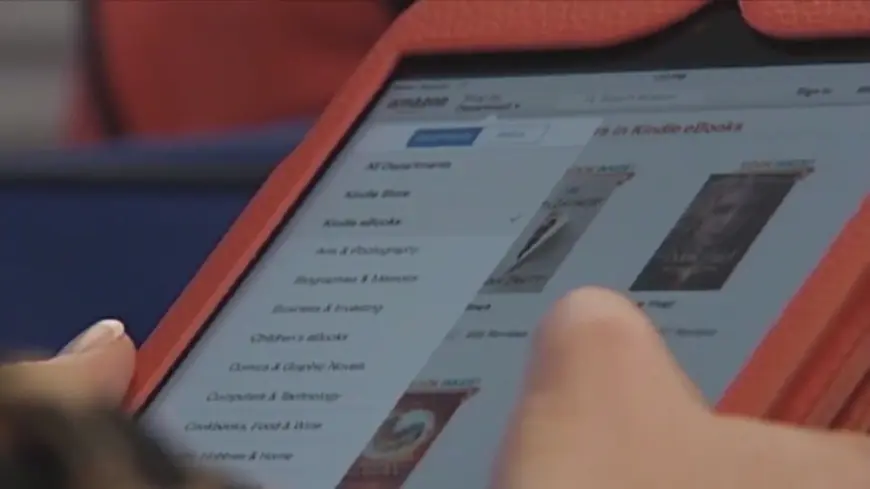BBB warns of online retail scams after St. Louis sneakerhead finds himself a victim
Sterling First-Bey of north St. Louis is an admitted sneakerhead. When he saw a recent shoe deal on Facebook that he couldn’t refuse, he acted fast.

ST. LOUIS – Sterling First-Bey of north St. Louis is an admitted sneakerhead. When he saw a recent shoe deal on Facebook that he couldn’t refuse, he acted fast.
“I like Air Max [shoes]. The Air Max [shoes] I buy usually cost $160 on sale. These were on sale for like $30, $40,” First-Bey said.
He ordered the shoes and received a tracking number. But when weeks turned to months and the shoes still hadn’t arrived, First-Bey knew he’d been scammed.
“To be scammed in that way was horrible, because I never expected it,” he said. “I ordered shoes off of the internet all the time. This is the first time it ever happened to me.”
First-Bey is not alone. According to a new study from the Better Business Bureau, online shopping fraud rose nearly 125% in 2023. Four out of 10 scams reported to the BBB’s Scam Tracker were online shopping-related. Eight out of 10 people were susceptible to losing money, the BBB said.
Better Business Bureau investigator Brian Edwards says scammers’ skills are improving, making it harder for consumers to spot fraud.
“Looks alone aren't enough anymore to say whether a website is legitimate or not,” Edwards said.
And with the holidays upon us, Edwards says consumers must be extra vigilant.
“Scammers know when people are willing and want to shop online more, and they are going to increase their efforts during that time as well,” he said.
According to Edwards, the best way consumers can protect themselves from these types of scams is to use a credit card.
“Credit card companies or banks, through their credit cards, are much more likely to refund or issue a charge back on a credit card versus something like a debit card,” he said. “You go to buy something online, and the company reaches out and they say, ‘Oh, can you pay me through Venmo or Zelle or PayPal?’ It's time to be wary of that, because that is something that we're seeing a lot of scammers do.”
And as First-Bey learned the hard way, the adage rings true.
“If it’s too good to be true, it’s too good to be true. Keep your money,” he said.
What's Your Reaction?








































































































